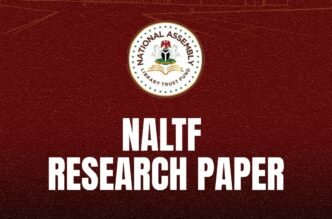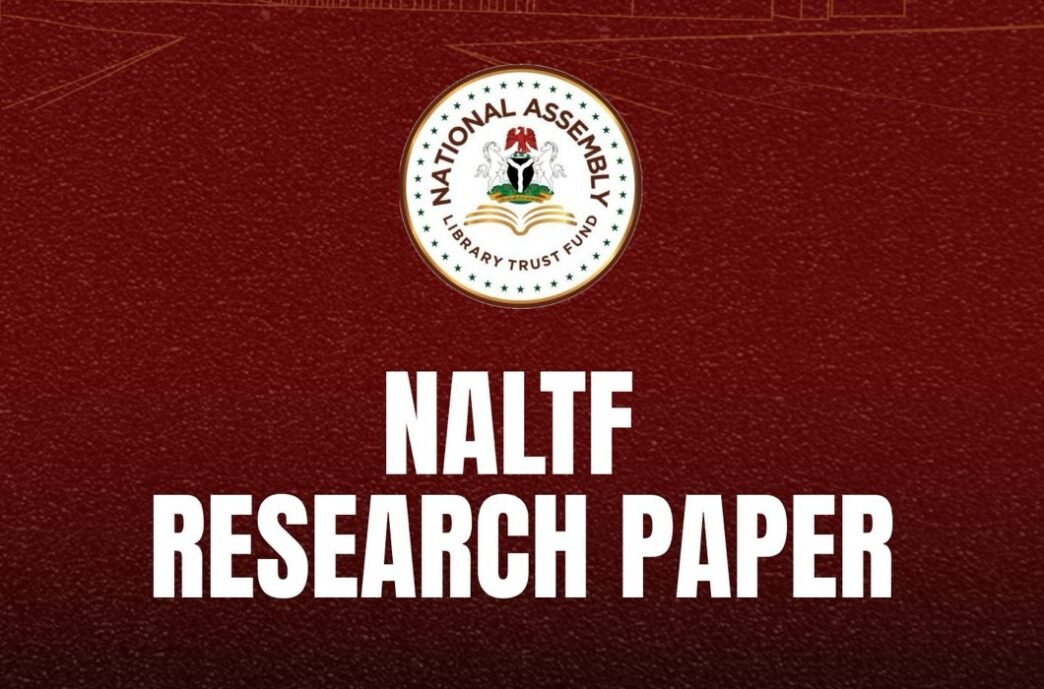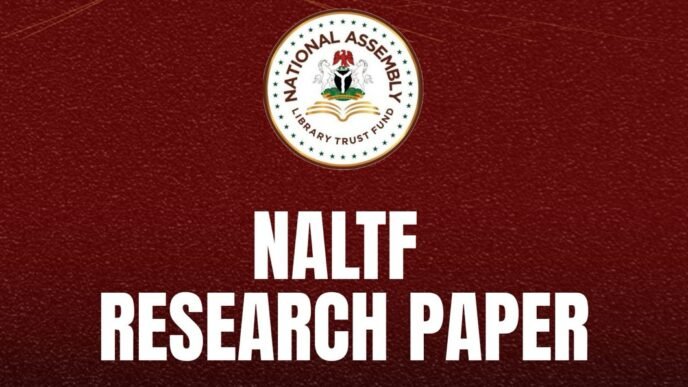Nigeria’s economic development has historically depended on hydrocarbons, but the imperative to diversify into agriculture and food systems has become urgent due to oil market volatility, rising food import bills, and rising poverty. Agriculture remains the most important sector for employment and rural livelihoods, contributing significantly to GDP and offering immense opportunities for industrialisation, export earnings, and food security. This research paper explores the central role of agricultural diversification as a driver of inclusive economic growth and a buffer against external shocks. It provides a comprehensive examination of Nigeria’s agricultural development, offering insights into its theoretical underpinnings, historical policies, and current challenges. The study highlights issues ranging from land tenure systems, input bottlenecks, infrastructure deficits, food safety concerns, financing challenges, and policy inconsistency to insecurity. It also analyses risks, climatic, market, governance, and environmental threats that threaten sustainable transformation. This research paper recommends a multifaceted approach that emphasises climate-smart agriculture, agro-industrial processing, logistics development, nutrition-sensitive interventions, and coordinated governance reforms. By implementing a phased, inclusive, and evidence-based strategy, Nigeria can unlock agriculture’s full potential, ensuring food security, stimulating job creation, and fostering resilience amid socio-economic and environmental uncertainties.


Add a comment
